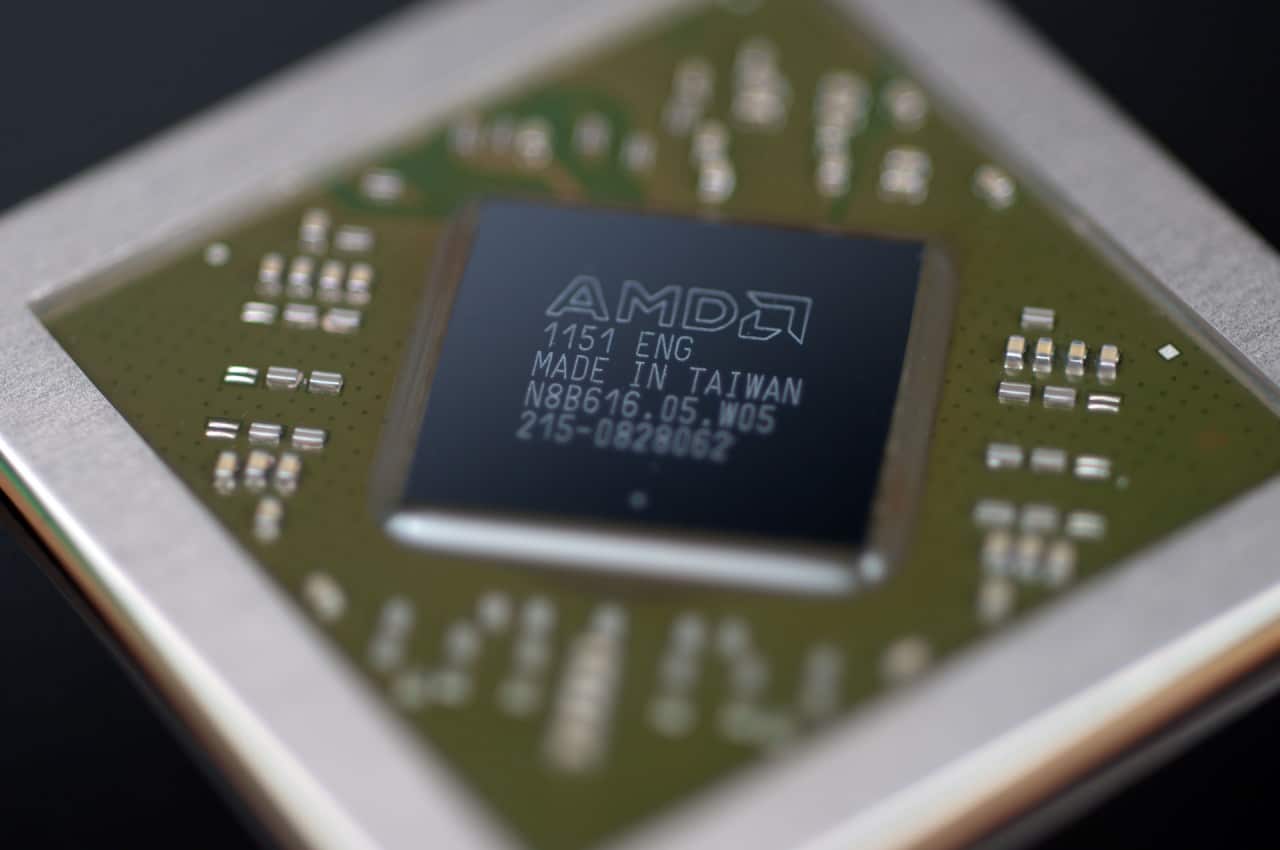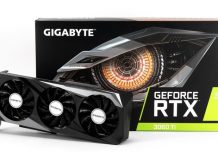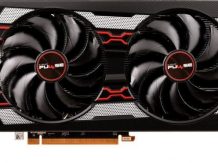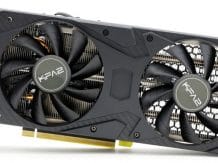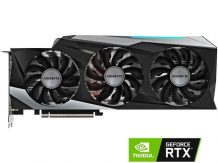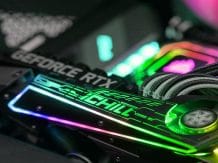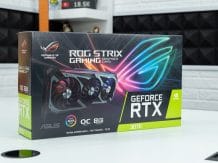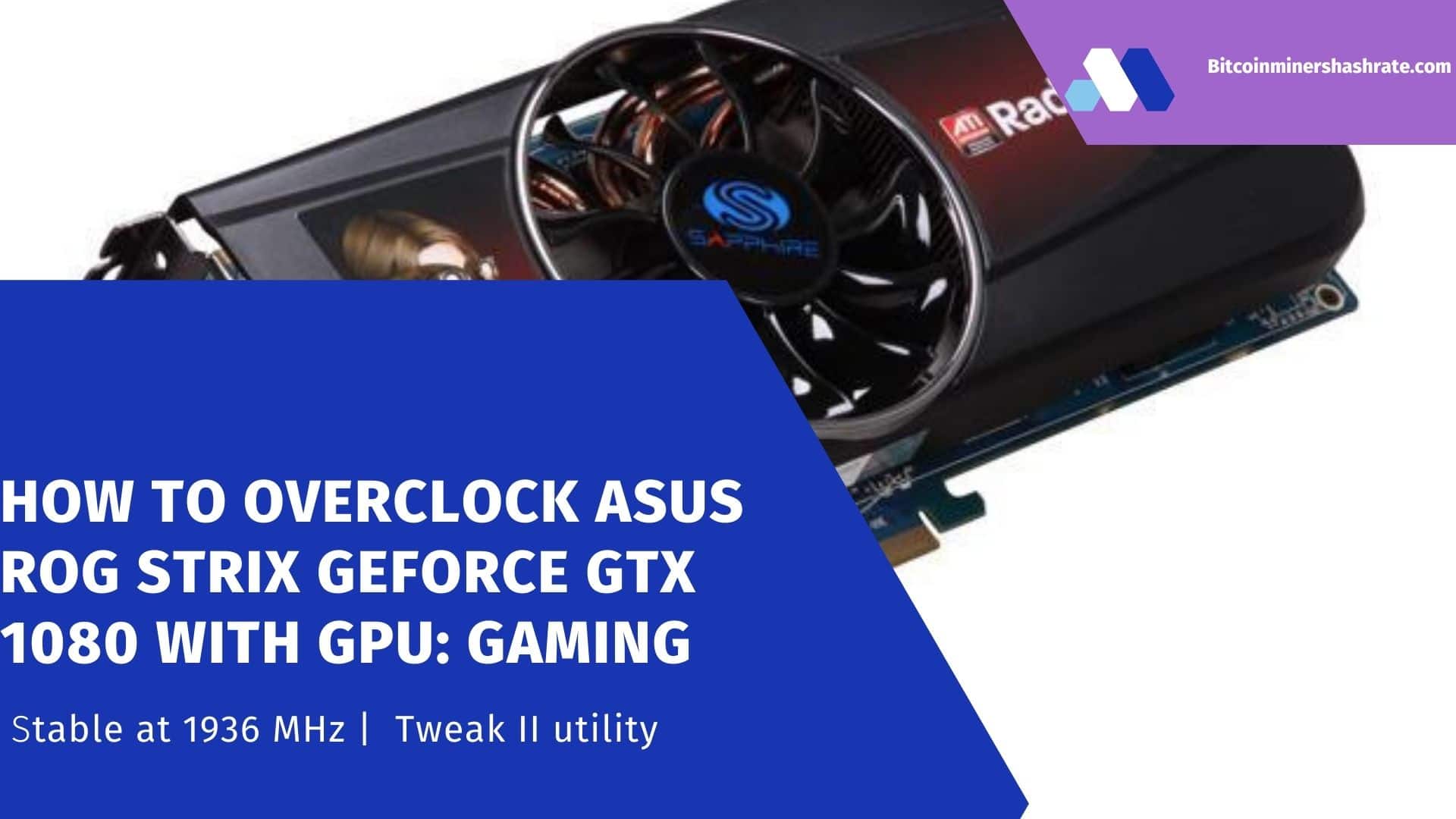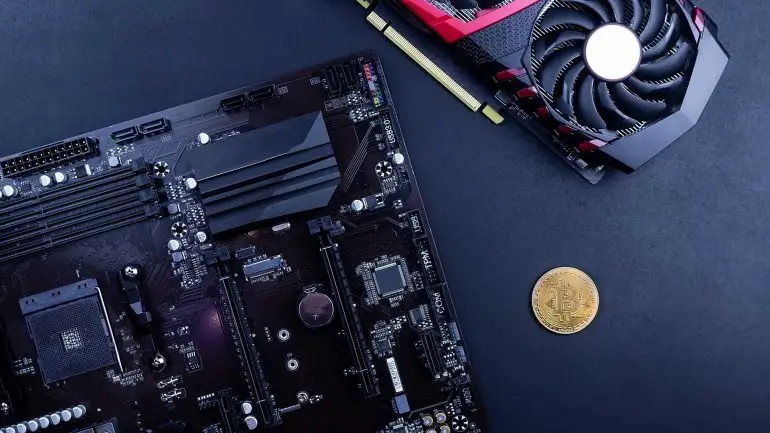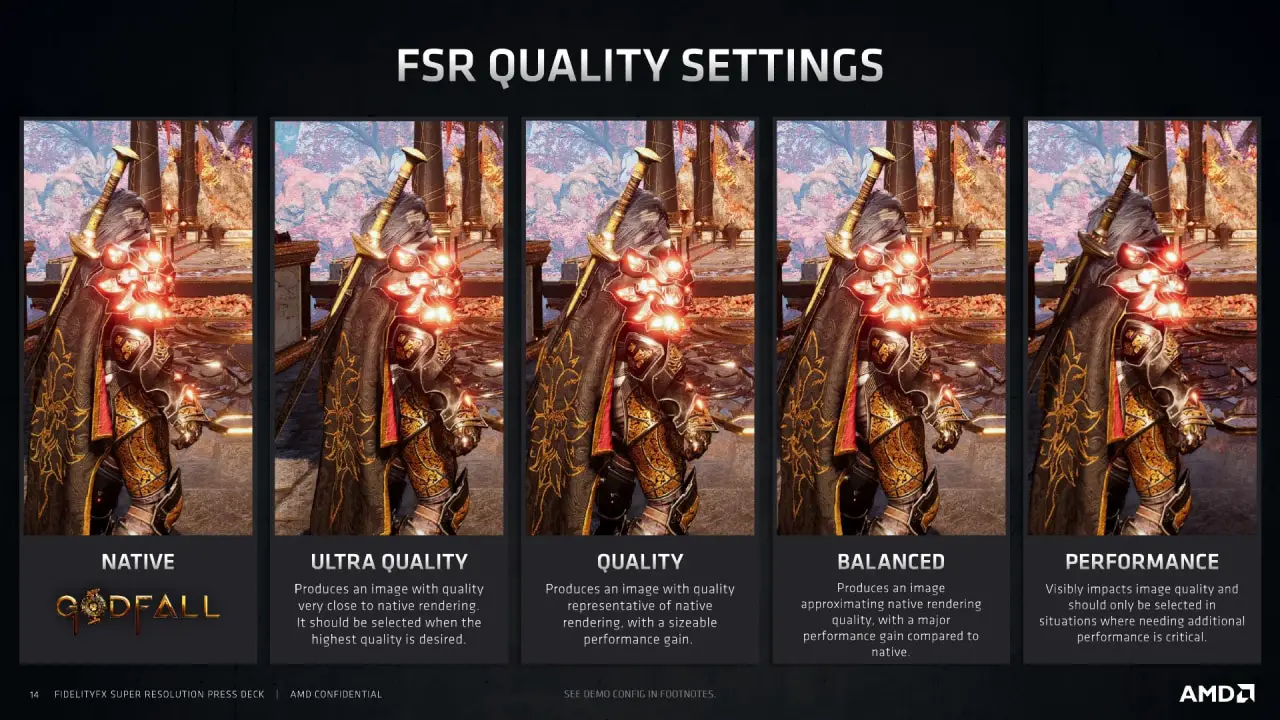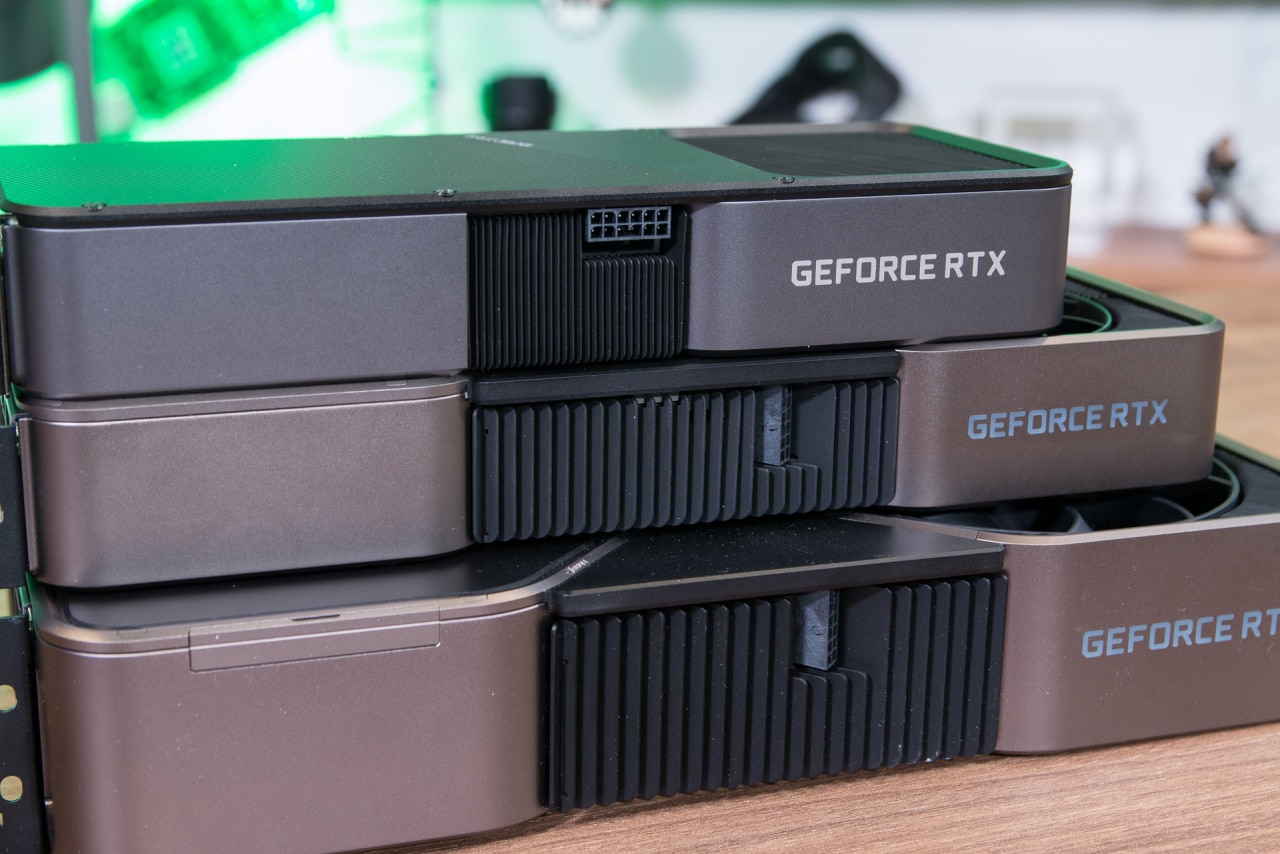At the end of last year, the technology site Techreport published several investigative articles on the rendering times of modern graphics cards from the Geforce and Radeon series. Larger variations are experienced as microscopic delays or jerks in the image, which impairs the gaming experience. AMD pulled the shortest straw and now the graphics card maker confirms that the problem exists.
In the Beyond3D forum, David Beumann writes on AMD that the driver developers are aware that there are errors in the Catalyst drivers that can cause uneven rendering times for certain game titles. In Borderlands 2, for example, it is believed that the whole thing is caused by incorrect buffer sizes, which must be corrected with new drivers.
Additionally, when we switched from the old VLIW architecture to the GCN core there was a significant updates to all parts of the driver was needed – although not really spoken about the entire memory management on GCN is different to prior GPU’s and the initial software management for that was primarily driven by schedule and in the meantime we’ve been rewriting it again and we have discovered that the new version has also improved frame latency in a number of cases so we are accelerating the QA and implementation of that.
More alarming, however, is that AMD has not yet managed to squeeze all the peculiarities of the Graphics Core Next (GCN) architecture, despite the fact that these circuits have been on the market for more than a year. Beumann writes that GCN has completely new memory management compared to the VLIW-based predecessors, but that the development of the drivers was “driven by the schedule”.
Since its launch, however, programmers have devoted more time to the news in GCN and discovered that newer versions of memory management software improve latencies. According to Beumann, AMD is now focusing on implementing these improvements in the Catalyst driver package. However, when new, improved drivers may be available is not revealed by the correspondence.
Source: Techreport.




